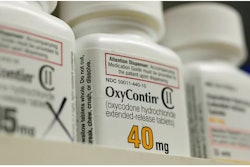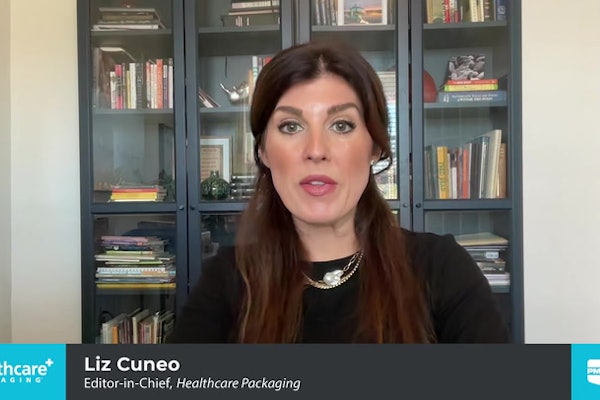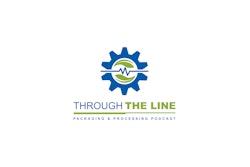
LAWS
Shortages of available drugs products can, of course, lead to serious health consequences and patient suffering. Some U.S. Senators recently asked FDA to take another look at the problem, identify root causes and suggest new solutions, saying that the problem persists despite past improvements. But the agency has already shown remarkable flexibility and creativity in attacking shortages.
In a June written statement, FDA deputy director for regulatory programs in FDA’s Center for Drug Evaluation and Research said the agency “does everything possible within our statutory authority to help address drug shortages,” and helped prevent 145 of them in 2017. Despite that, 39 shortages began that year, and others started during 2018.
Shortages have a wide range of causes and affect, for example, the availability of saline and dextrose-based IV fluids that were made on the island of Puerto Rico, where last year’s hurricane made a pre-existing shortage even worse. “With the support of other manufacturers, and after careful evaluation of the inspection history of specific manufacturing sites around the world, we worked with manufacturers to temporarily import IV fluids approved in other countries,” and speeded up FDA reviews of marketing applications from other manufacturers, he said.
In the case of some other shortages, FDA has relied on techniques as varied as directly pressuring suppliers to increase production, to allowing shipments of products that are the subject of some “potential quality issues” but with special “instructions for…safe handling and use to help mitigate any risks to patients.”
FDA and the involved companies sometimes coordinate on setting up a special customer service numbers to allow pharmacies and patients to more quickly locate available product, as they have done with the current shortage of EpiPens.
EFFECT
The US Marines might have coined the phrase “Improvise, Adapt, Overcome” to describe their own approach to problems, but at least in the case of drug shortages, it looks like FDA has assumed that mantle, too.
Turns out, the regulatory agency best known for bureaucratically turgid pre-approval of new drugs and devices and enforcement of extensive manufacturing and labeling requirements has got quite a bag of tricks available when this kind of crisis strikes.
Congress and the President get some of the credit for creating more effective responses by, for example, requiring drug makers to notify FDA earlier than before when shortages arise. The Senators’ recent letter could result in even more refinement to FDA’s response strategies.
Information only. Not legal advice.






















